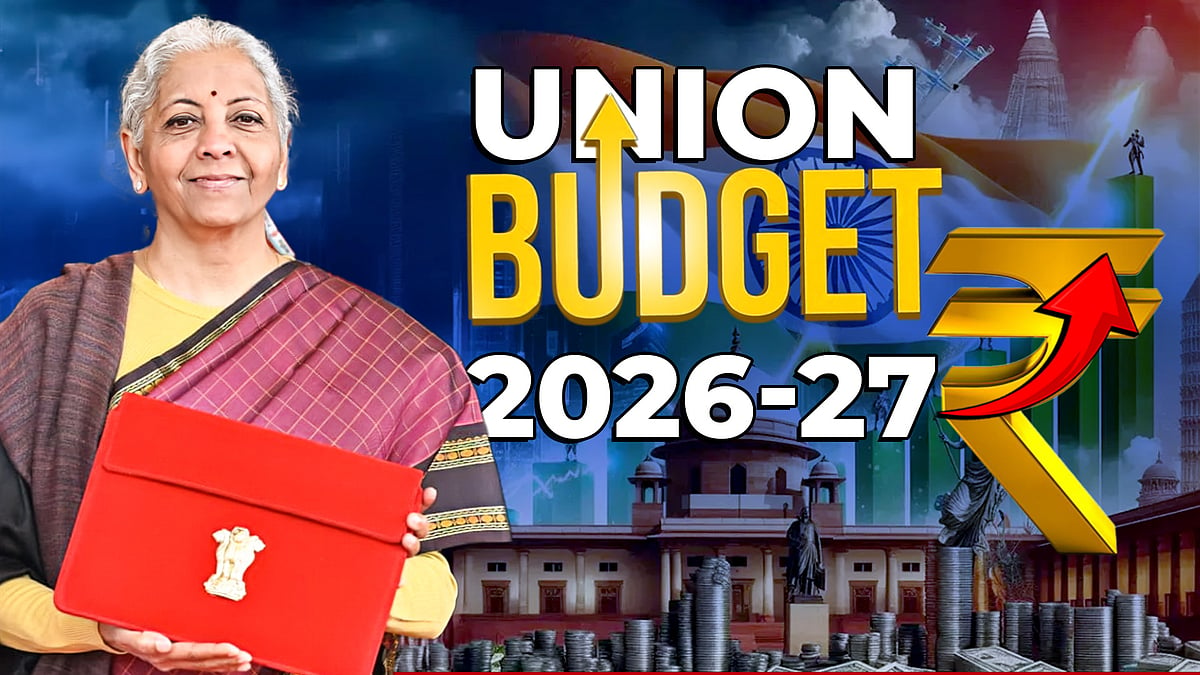Setting off fears of a global trade war, last Friday the US and China, the world’s largest and second largest economies, slapped on each other tit-for-tat import tariffs. To begin with, $34 billion worth of each other’s imports would attract punitive tariffs. Donald Trump, the US President, seemed undeterred by the retaliatory Chinese imposts, warning that at this rate he would target all of Chinese imports into the US. Weeks ago, Trump had set the deadline for the tariffs to come into force. Hours ahead of the deadline, the Chinese said they were forced to take recourse to retaliation due to the unreasonable US action.
Imports of US goods, including cars, soybeans, lobsters, would attract 25 per cent tariffs. Observers in both countries believed that if the tit-for-tat tariffs stayed confined to the goods on each side worth $34 billion alone, it may not cause much disruption. However, should it escalate to all of Chinese imports into the US, the consequences could be dire for global trade. From the immediate and calibrated Chinese response, it was clear that they are unlikely to bend before what an observer said was a rampaging Trump who seemed determined to disrupt the established order in not just trade but in other fields as well such as post-war defence alliances.
Though the Chinese over the last three decades have fully exploited the global markets by deliberately manipulating the exchange rate of their currency and resorted to other underhand ways to boost exports to the US and other countries, of late they have sought to comply with the WTO rules and regulations. It is now the US turn to play the protectionist card, protesting that the terms of trade are weighed against the country. Trump in particular has voiced the ill-informed biases and prejudices of the average Joe that the Chinese have stolen American jobs and flooded the country with cheap imports. Such simplistic arguments ignore the fact that in the interconnected global order, imports and exports are linked to the state of a nation’s economy.
The Chinese became an export powerhouse on the back of cheap labour, raw materials and a regimented system with little or no rights for the ordinary people. However, the US, with its far superior intellectual property, designs and inventions, relied on the hard grime of the Chinese workers to supply it goods at relatively cheaper rates as per its specifications and design. For instance, the real value-addition in Apple phones comes from the parent company in the US whereas the Chinese and the Taiwanese manufacture the phones in the tens of millions but earn a small proportion of the total profit which go to the parent company. Indeed, the various parts that go into the making of an Apple phone are manufactured in Japan, the US, etc, while the final assembly takes place in China and Taiwan. However, the populist US President does not have the time and the patience to appreciate the way the modern global trade works. His gaze is fixed on the blue collar workers in the rust belt who blame the import of cheaper steel and aluminum as the reason for the closure of domestic manufacturing units. Yet, the imports of steel and aluminum at rates lower than what it would cost to manufacture them locally only help the makers of US aircrafts, automobiles, among a host of other industries.
What will be the impact of the tit-for-tat tariffs on the global trade? India had already announced its decision to match the US tariffs on imports from that country. The European Union, too, has warned of a tit-for-tat response should Trump impose tariffs on automobile imports from the EU. Trump has opened a front against Canada as well. In other words, he is on the warpath. Though the tepid market reaction, both in the US and around the world, seemed to suggest that it may have discounted the initial hostilities. This may be also due to the fact that important voices in the Republican Party have begun to openly criticise Trump for launching a trade war which can have no winners, only losers. As for India, the fear of a trade war and the rising global crude prices have begun to dampen the spirits of market men. The depreciation in the value of the rupee, too, is a cause of concern. This, coupled with the looming State and parliamentary elections, seems to have cautioned the bulls on the Dalal Street. May be caution is the best policy when domestic situation is fraught and global situation is hostage to a US President who seems to revel in being unpredictable and unconventional.









